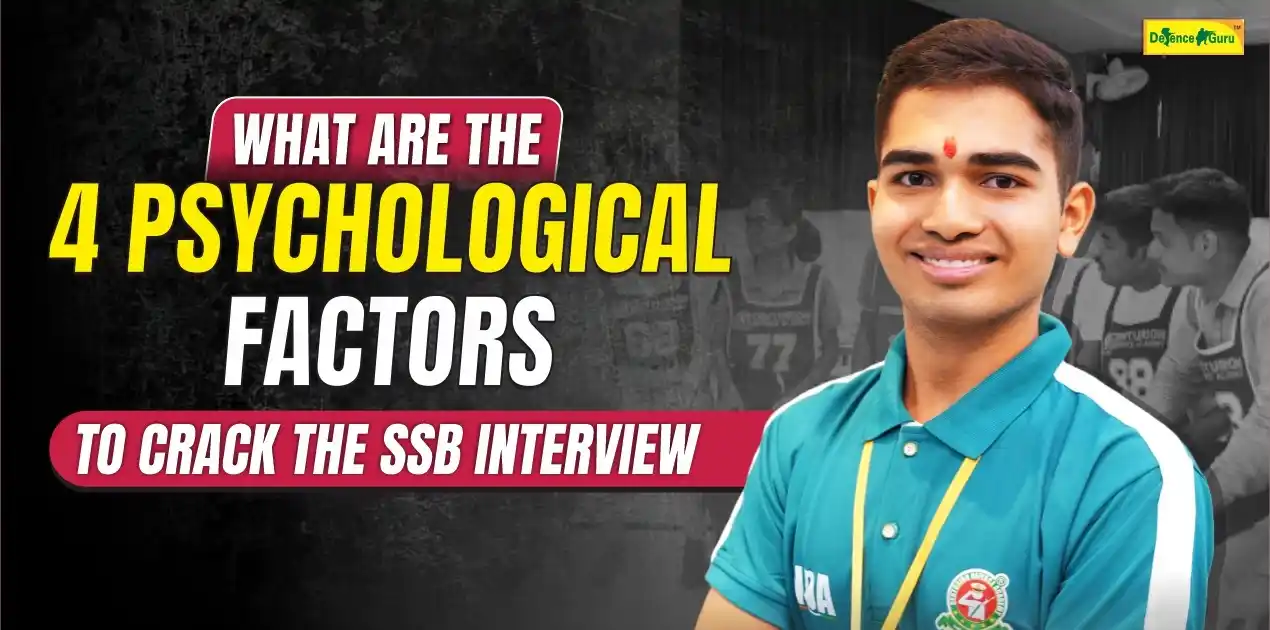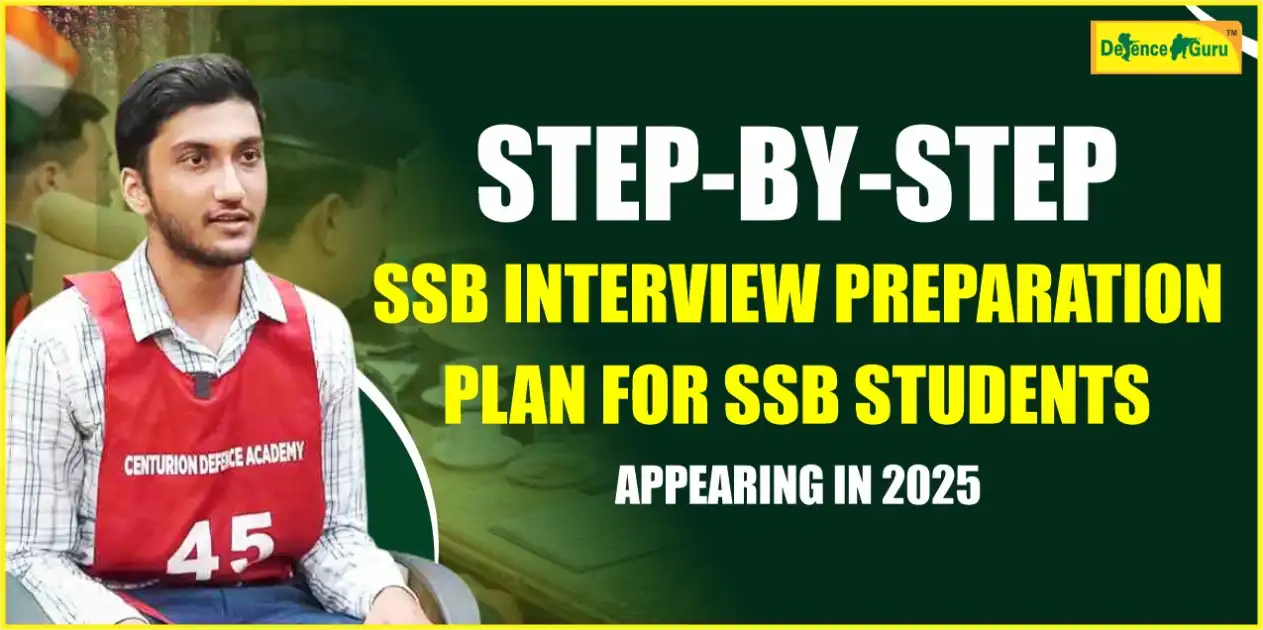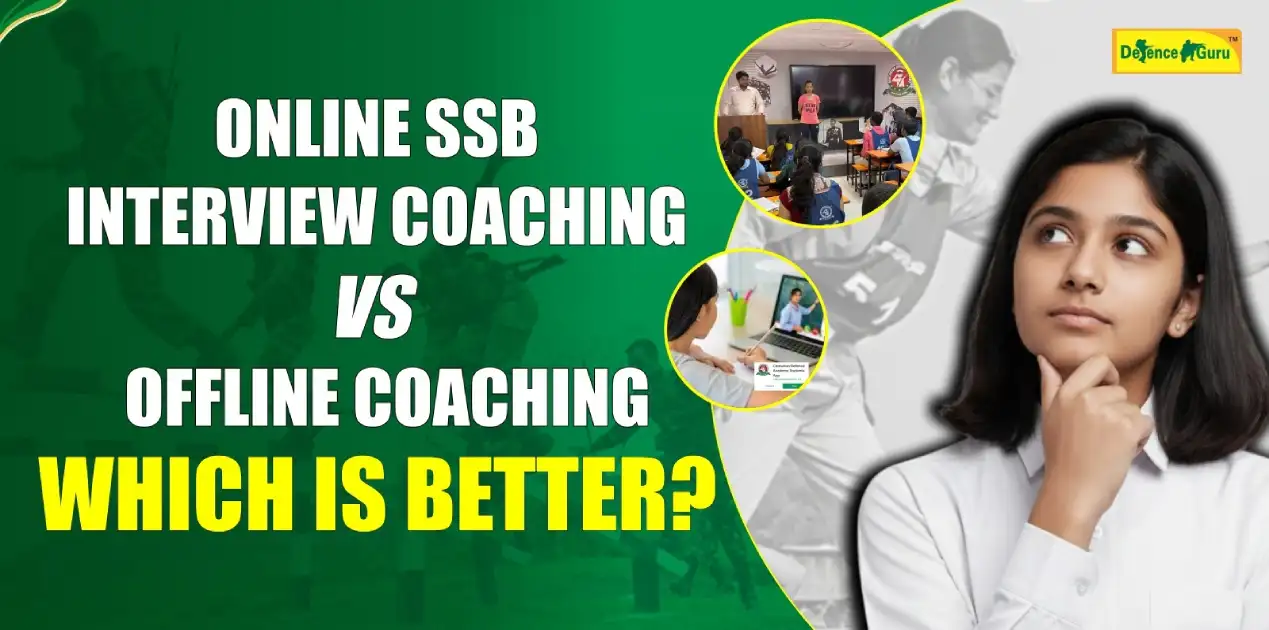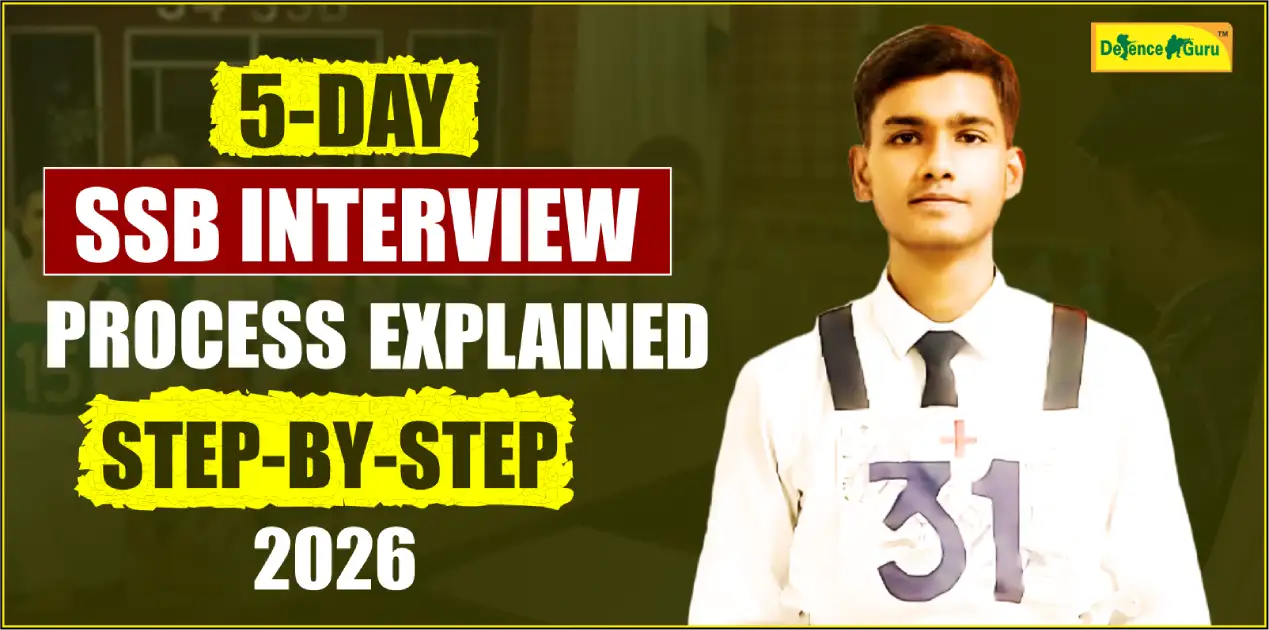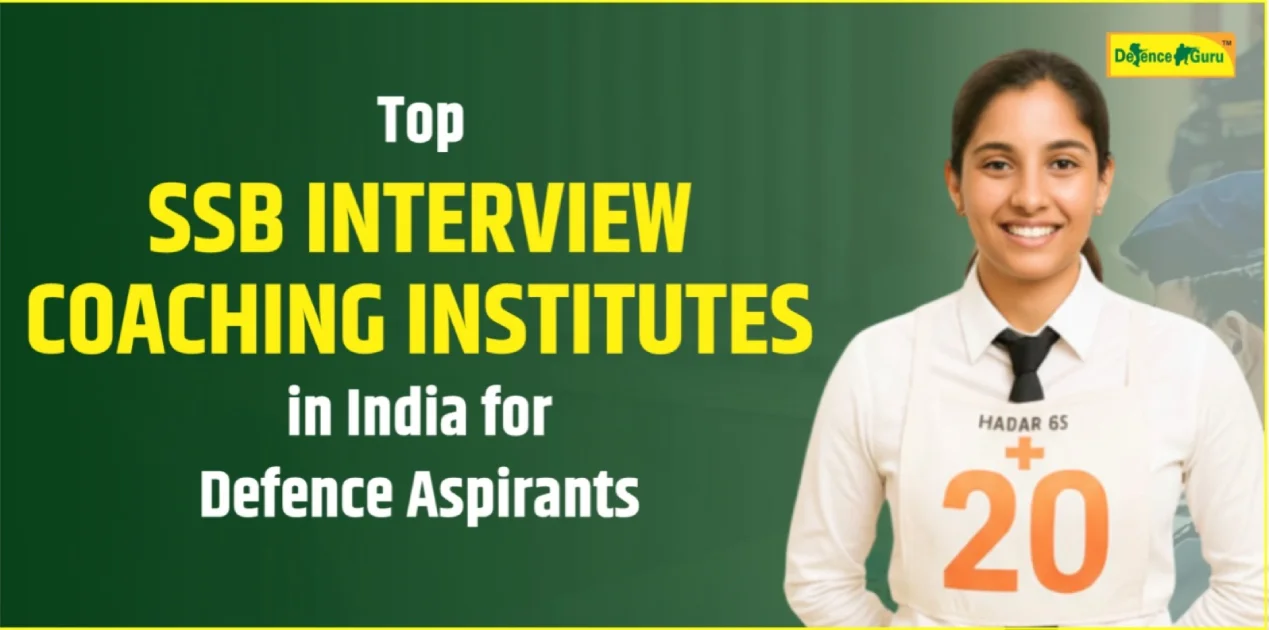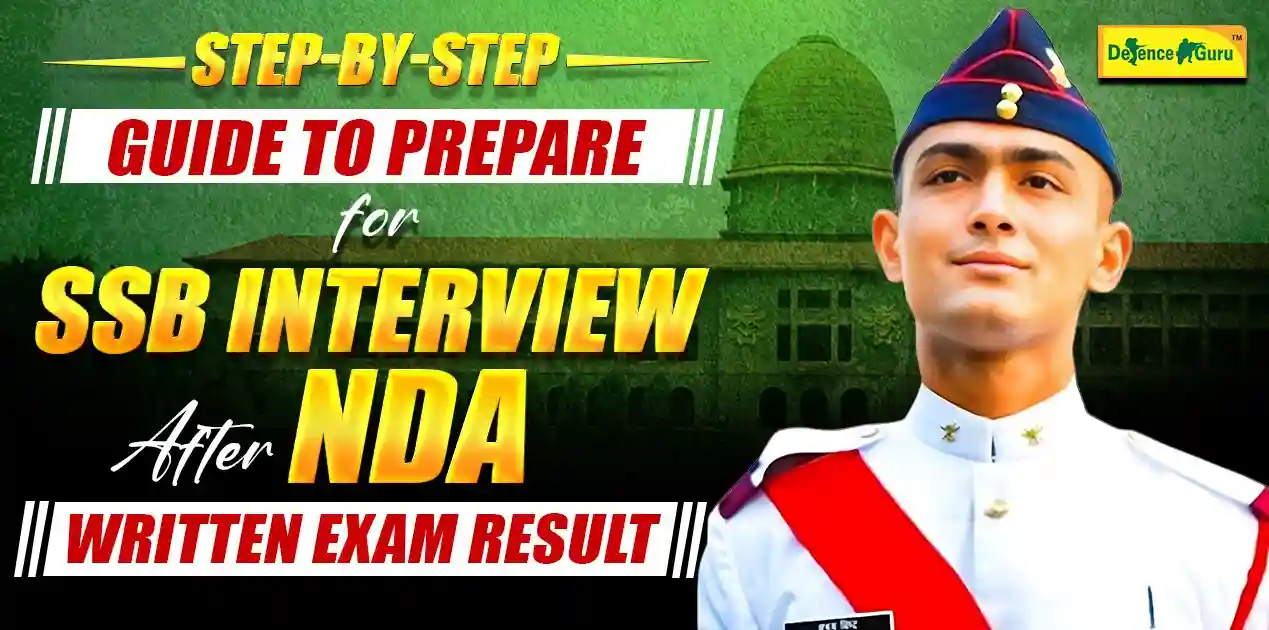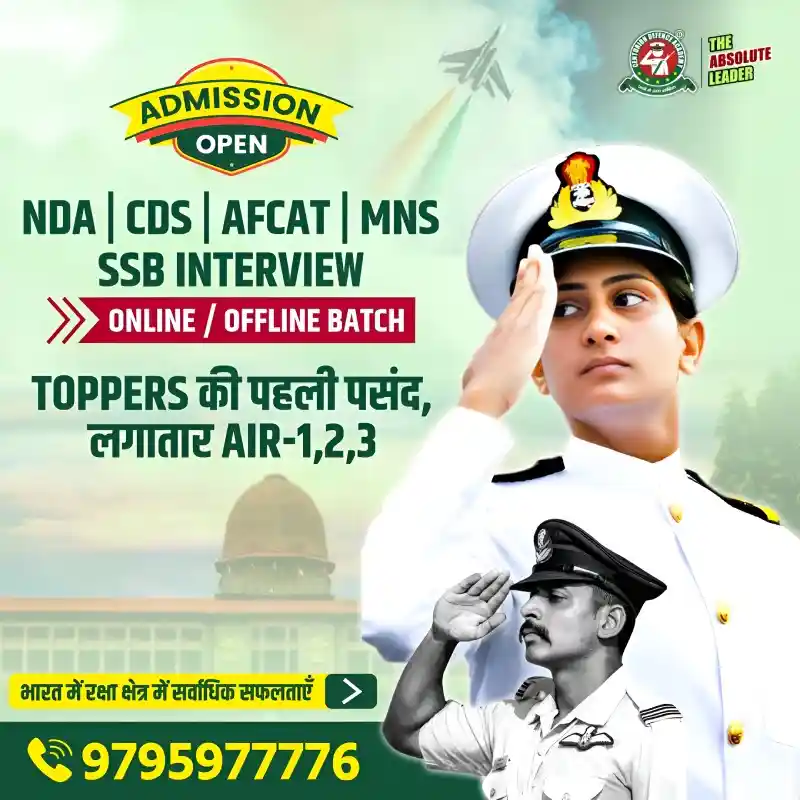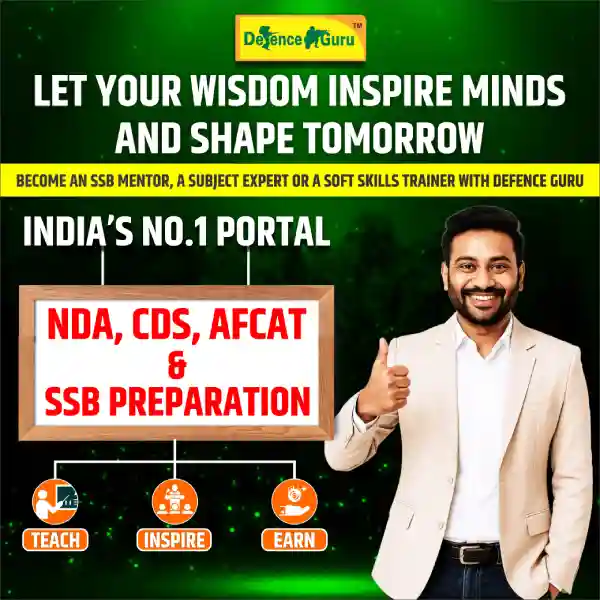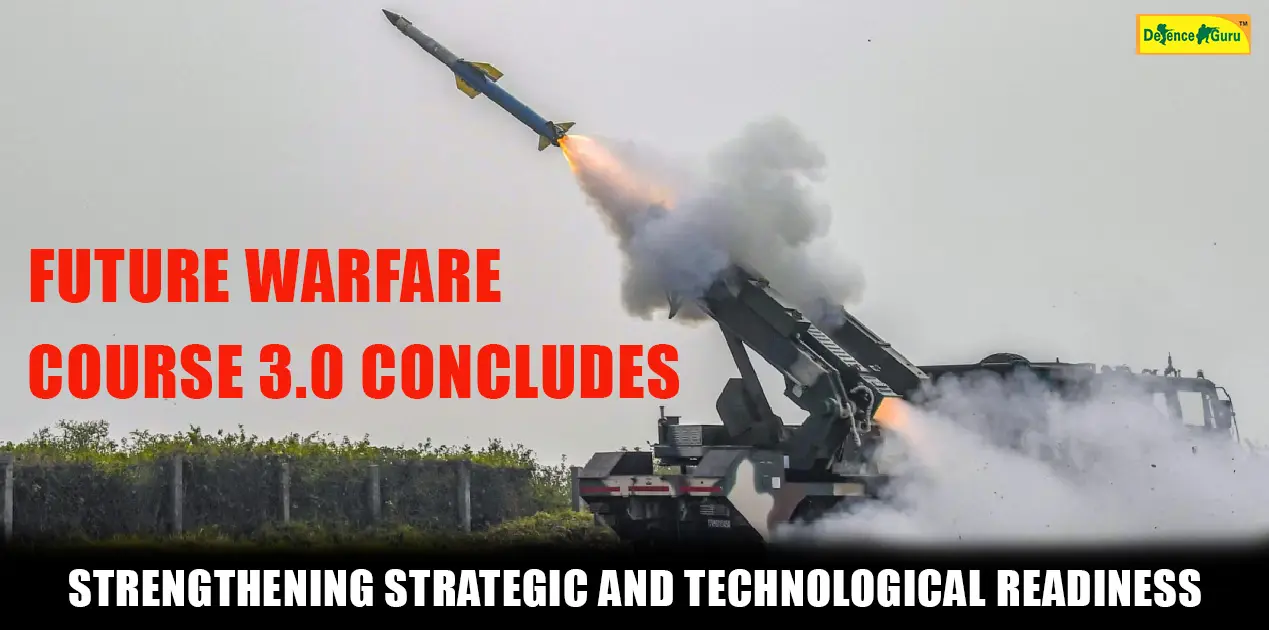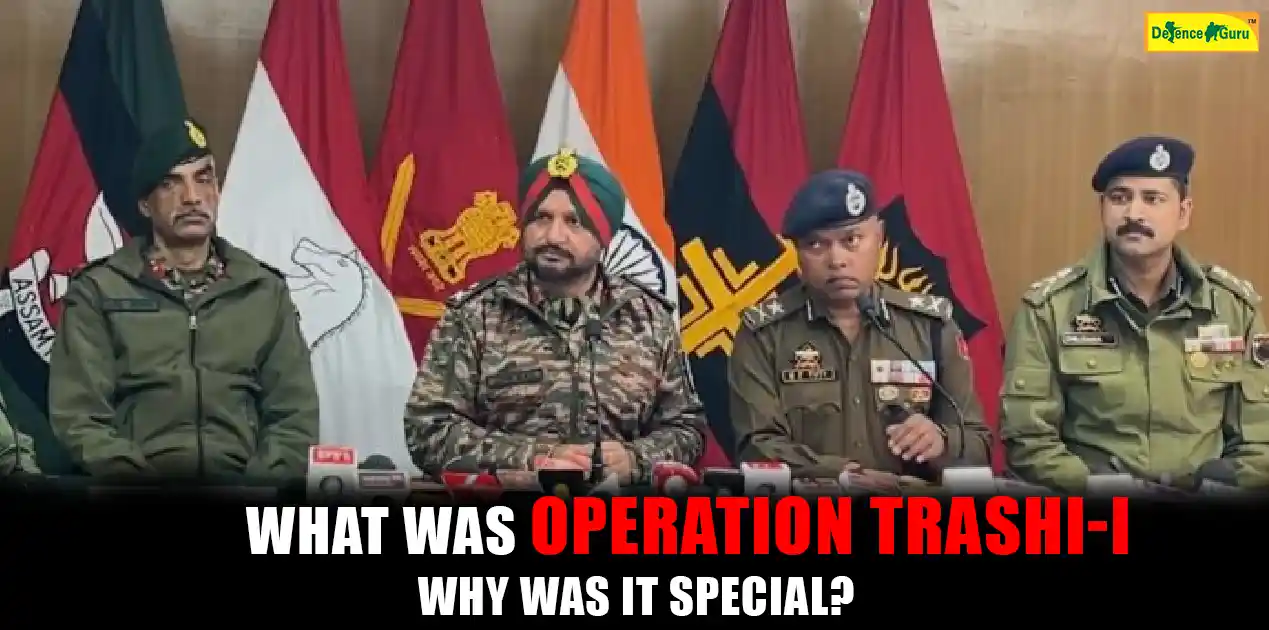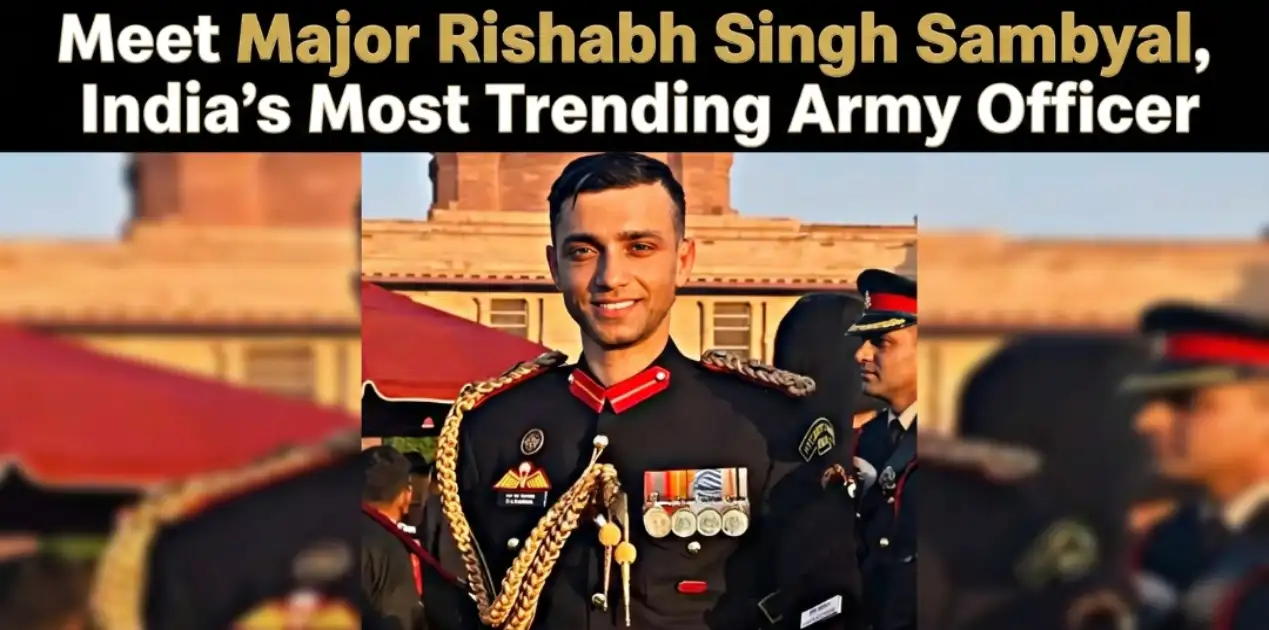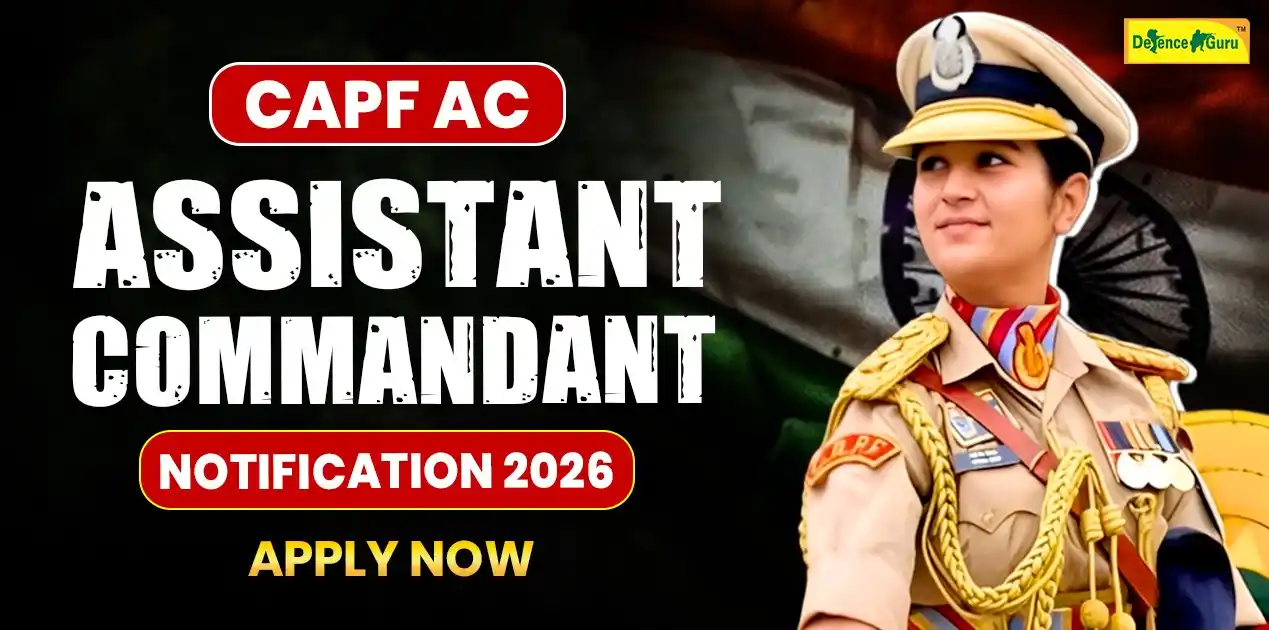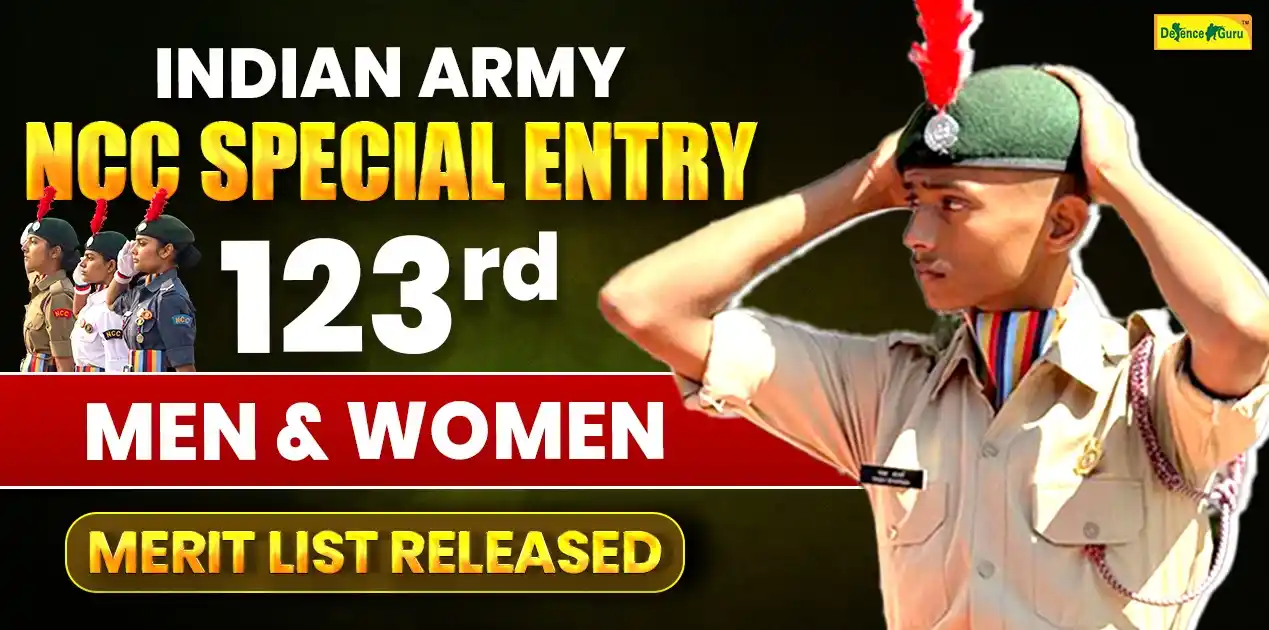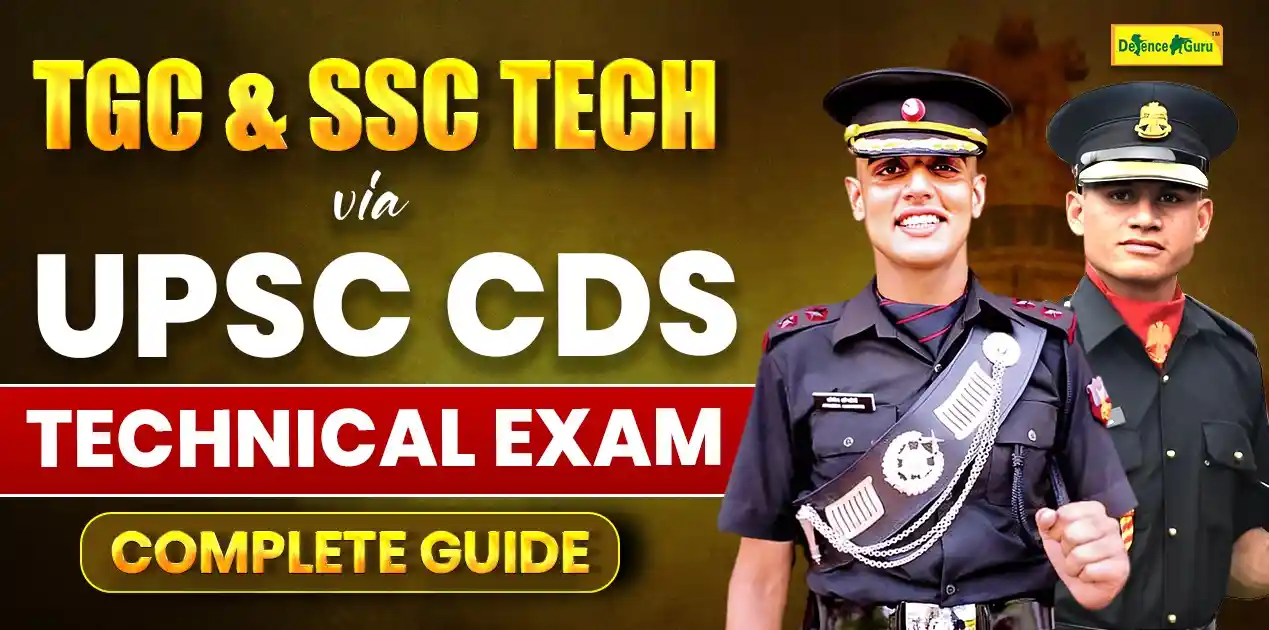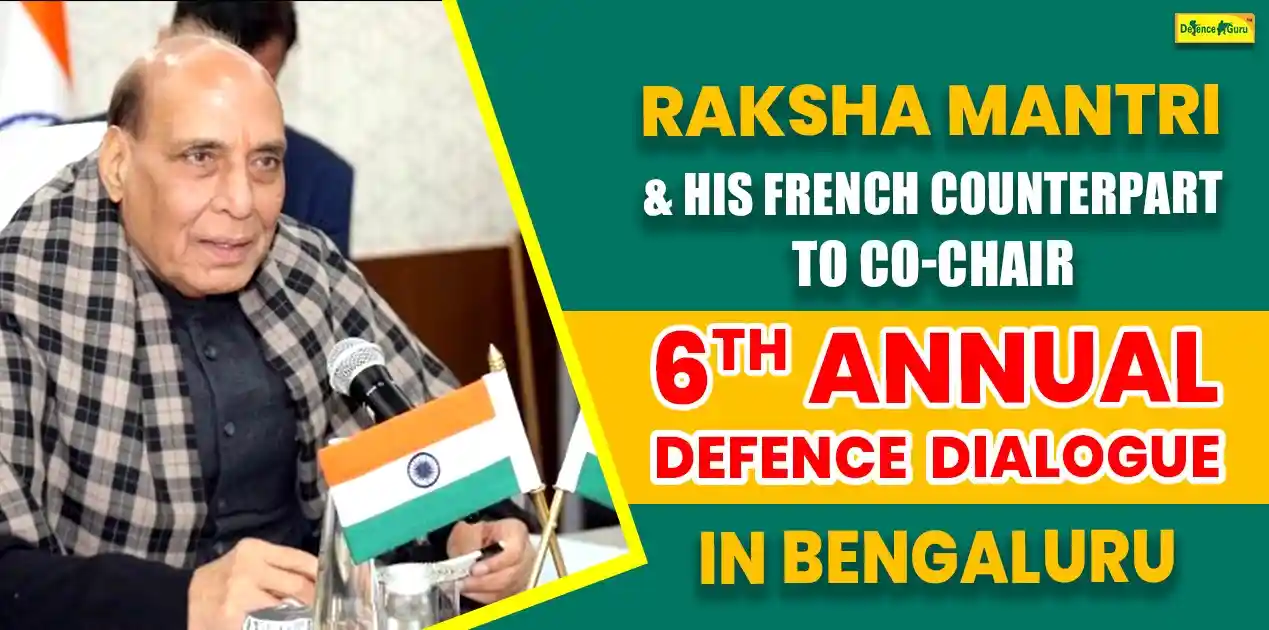Crack SSB with the Right Mindset – Focus on These 4 Mental Traits
Cracking the SSB interview is not merely a question of intellectual intelligence or bodily strength- it’s a genuine test of psychological toughness, inner direction, and personality congruence with the armed forces ethos. The SSB system is devised to find the officer within, and for that, it evaluates different psychological qualities that determine a capacity to command, withstand pressure, and make choices in adverse circumstances.
As opposed to conventional interviews, the SSB delves intensely into officer-like qualities, which to a Geeta extent are based on psychology. From the Thematic Apperception Test and Word Association Test to the Situation Reaction Test and Self-Description Test, every round explores the depths of your thought process, values, emotional stability, and behaviour. Successful candidates aren’t necessarily individuals who give impeccable, genuine, self-introspective, and psychologically sturdy.
To maximise your chances of recommendations, it is critical to develop and work on 4 key psychological attributes: Self-Awareness, Emotional Stability, Clarity of Thought, and Responsibility and Adaptability. These do not benefit you in exams alone- these qualities influence the way you are viewed by the examiners, consciously and unconsciously.
1. Self-Awareness: The Foundation of Personal Growth
Self-awareness is the most basic psychological attribute that any SSB hopeful must possess. It is the skill of knowing who you are – your strengths, weaknesses, motivational factors, and aspirations. In the psychological tests conducted at SSB [such as TAT, WAT, SRT, SDT], your personality is judged based on your spontaneous answers. If you lack self-awareness, your responses will appear inconclusive or confusing...
Why Self-Awareness Matters:
- In the Self-Description Test (SDT), you must write about yourself from the perspective of parents, teachers, friends, and your own view. Honest, well-balanced responses show maturity.
- In the Situation Reaction Test (SRT), knowing your values and priorities helps in giving practical and ethical responses.
- Officers must take responsibility for their actions—self-awareness builds that accountability.
How to Develop It:
- Start maintaining a daily journal. Reflect on your decisions, reactions, and behaviours.
- Ask for feedback from mentors, parents, and friends.
- Practice writing your SDT regularly and align it with your real behaviour.
2. Emotional Intelligence: Staying Calm under Pressure
The SSB interview is meant to stress you out, whether it’s braving the burst of fire of questions in the personal interview or handling time-constrained situations in the SRT. Here, your emotional intelligence is at work. It is your capacity to recognise, understand, and manage your own emotions and also to be sensitive to others feelings.
Why Emotional Intelligence Matters:
- Helps you stay calm and composed during intense interviews or GTO tasks.
- Prevents emotional outbursts or overconfidence—common causes of rejection.
- Builds empathy, a key trait for officers who must lead and motivate others.
Real Example:
In gto situations such as command tasks or group planning exercises, candidates who lose their temper or showing frustration usually are unable to lead the group. A candidate, who is emotionally intelligent, however, listens to others and influences people.
How to Develop It:
- Practice active listening in conversations—don’t just hear, understand.
- Learn to recognize your emotional triggers and regulate your responses.
- Engage in group discussions, debates, and leadership activities to improve empathy and social skills.
3. Clarity of Thought and Decision-Making Ability
One of the good qualities of the officers is clear thinking under stress and decisiveness. In warfare strategy or troop command, clear thinking and decisiveness are prerequisites. SSB tests for these through tough tests like the gape [group planning exercise], SRT [situation reaction test], and personal interviews...
Why Clarity of Thought Matters:
- Helps in analysing problems quickly and arriving at logical solutions.
- Shows that you can lead in uncertain situations without panicking.
- Decision-making ability is a core Officer like Quality (OLQ).
In the SSB Context:
- In SRT, you’ll be given 60 challenging situations in 30 minutes—your answers must reflect confidence and action-oriented thinking.
- In PPDT and TAT, stories must be crisp, logical, and solution-driven.
- During the Interview, your career choices, long-term goals, and personality are tested for clarity and consistency.
How to Develop It:
- Solve daily case studies or puzzles to sharpen problem-solving skills.
- Read editorials and practice summarizing them in your own words.
- Participate in mock interviews and GTO practices to simulate high-pressure situations.
4. Positive Attitude and Optimism
Lastly, a positive attitude is the best psychological quality in a defence candidate. Defence forces are all about hope, sacrifice, and courage, even in difficult situations. The SSB board likes those who have a positive attitude, who view failure as a feedback mechanism, and who are always development-oriented.
Why Positive Attitude Matters:
- Reflects resilience—the ability to bounce back from setbacks.
- Shows maturity and confidence in your own potential.
- Keeps your behaviour balanced, whether in a group task or a personal interview.
Examples from SSB:
- A candidate who stumbles during GTO obstacles but still motivates others stands out more than someone who only focuses on their own success.
- In WAT (Word Association Test), words like "failure", "death", or "stress" are best tackled with constructive thinking, not negativity.
How to Develop It:
- Practice daily affirmations and visualize success.
- Surround yourself with motivated peers and mentors.
- Learn from every failed attempt—not as a defeat, but as a learning curve.
Final Thoughts: Success in SSB Begins in the Mind
Cracking the SSB is not about being perfect; it’s about being real, balanced, and officer-like. The four psychological factors discussed above—Self-Awareness, Emotional Intelligence, Clarity of Thought, and a Positive Attitude—are the invisible threads that shape a candidate into a leader.
The SSB is not a test of memory but of character. It assesses the “man behind the marks”—your values, actions, and intent. Cultivating these traits takes time, effort, and the right environment.
Read more:
Lecturette Topics for SSB 2025- With Structure & Sample Content
How to Build Officer Like Qualities in Daily Life- Tips from Experts

